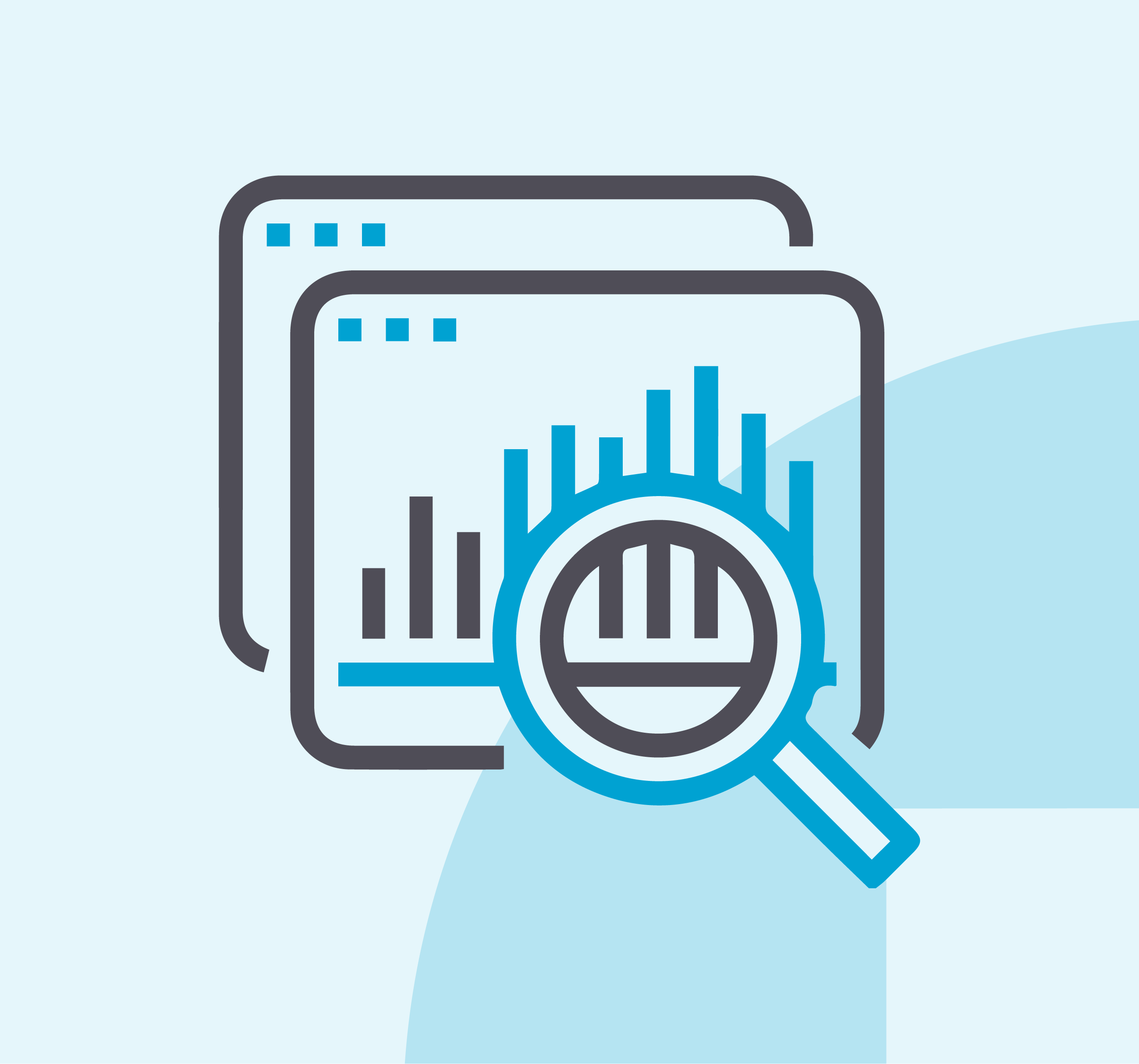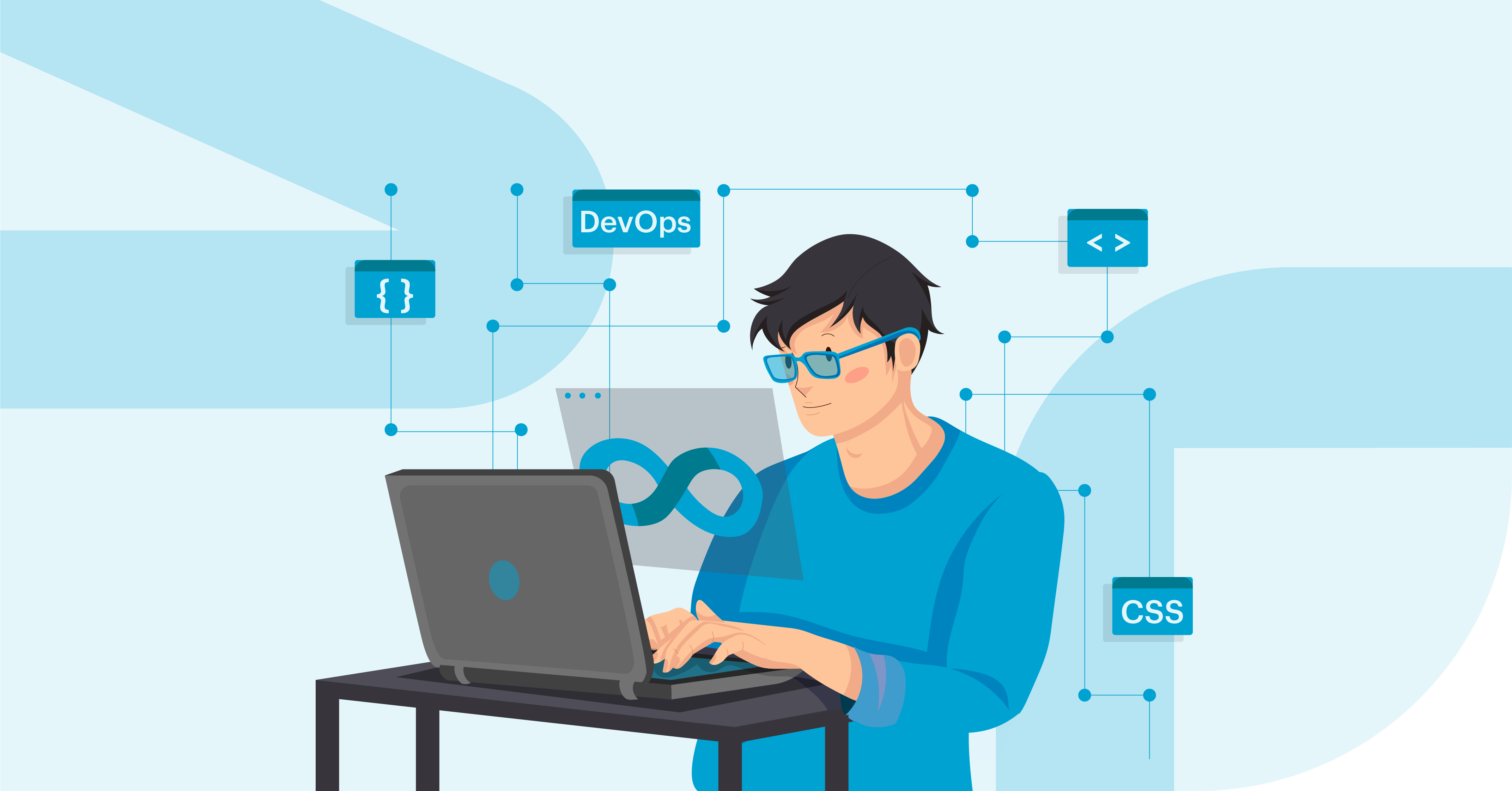You may be wondering what a DevSecOps engineer's daily routine looks like. Before we dive into the work-life of a DevSecOps engineer, we highly recommend reading the blog What is DevSecOps? This blog explains the activities and responsibilities of a DevSecOps engineer, such as:
- Writing risk analyses
- Incident management
- The use of technologies, tools, and working methods
- Automation of security controls
RELATED COURSE
Open Source Security for your Java Application
This course will teach you how to detect any security issues in open source libraries that your application is using.
What Are the Activities of A DevSecOps Engineer?
Generally speaking, the team of DevSecOps engineers ensures that its network and IT infrastructure are free from security holes:
-
Writing risk analyses
-
Incident management
-
Testing, selection, and implementation of technologies, tools, and working methods
-
Automation of security controls
-
Control and management of security operations
Writing Risk Analyses
DevSecOps is helping the organization to stay compliant. DevSecOps with manual compliance activity and auditing is more time-consuming and, most of the time creates confusion.
Therefore, DevSecOps pipelines must be adequately integrated with a centralized dashboard to store and process audit trails from different stages. These audits help share insights into DevSecOps and signaling threats before they become dangerous.
Incident Management
You can’t rethink how you build, deploy, and operate software without reviewing how you respond to incidents.
The first and most critical steps in incident management involve understanding what's gone wrong, getting the right people working on the problem, and fostering a blameless culture:
-
Detection
-
Response
-
Resolution
-
Analysis
-
Readiness
Testing, Selection, Implementation of Technologies, Tools, and Working Methods
With the expanse of CI/CD (Continuous Integration / Continuous Delivery) and the new wave of shift-left development, developers need to be more conscious of their tools than ever. DevSecOps is no different, especially with the constant evolution of security threats and compliance demands.
Reliance on older software might put your DevSecOps projects at risk, both during development and on delivery, so finding newer and newer solutions is a necessary part of the job. Find here the 10 best DevSecOps Tools.


Automation of Security Controls
Security automation does most of the work for your security team, so they no longer have to weed through and manually address every alert as it comes in. Among other things, security automation can:
-
Detect threats in your environment
-
Triage potential threats by following workflow taken by security analysts
-
Determine whether to take action in response
-
Contain and resolve the issue
-
This automation is built and maintained by DevSecOps engineers
Control and Management of Security Operations
Detect hidden and unknown threats with legacy tools, mitigate the potential threats of dark data, overcome resource-intensive issues to stay ahead of cyber threats, and many more, which need to be guarded by DevSecOps engineers.
What Are the Responsibilities of A DevSecOps Engineer?
DevSecOps engineers are responsible for development cycles in integration/continuous deployment mode, process monitoring, and more broadly, constructing a “safety culture” within the company. They do so by supporting the various teams and customers in implementing excellent and safe practices.
"The team of DevSecOps engineers ensures that its network and IT infrastructure are free from security holes"
